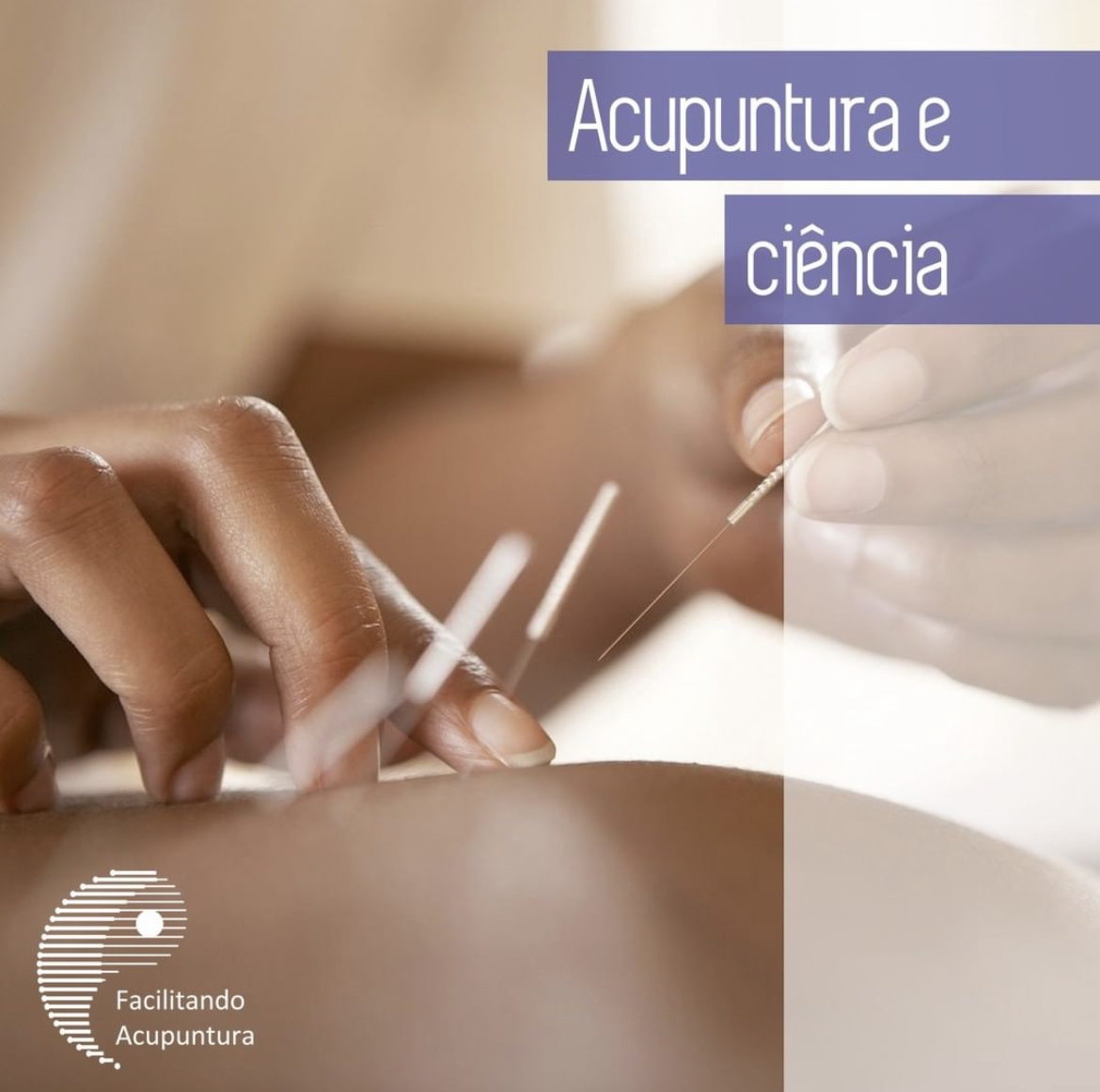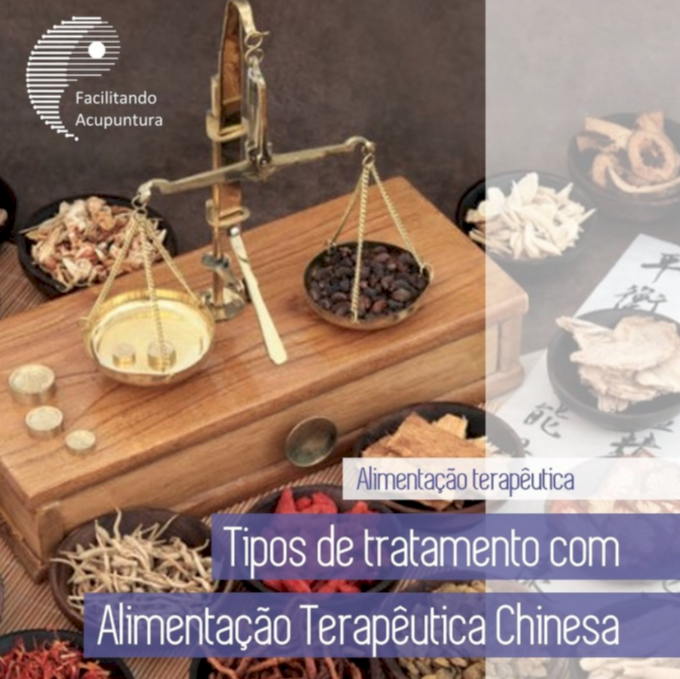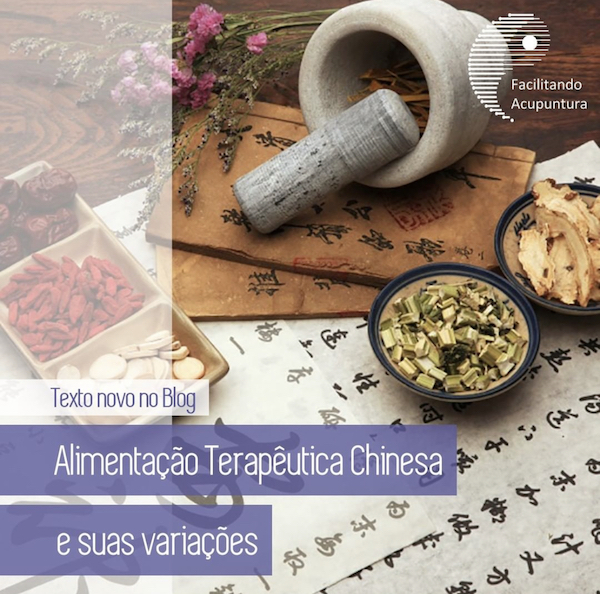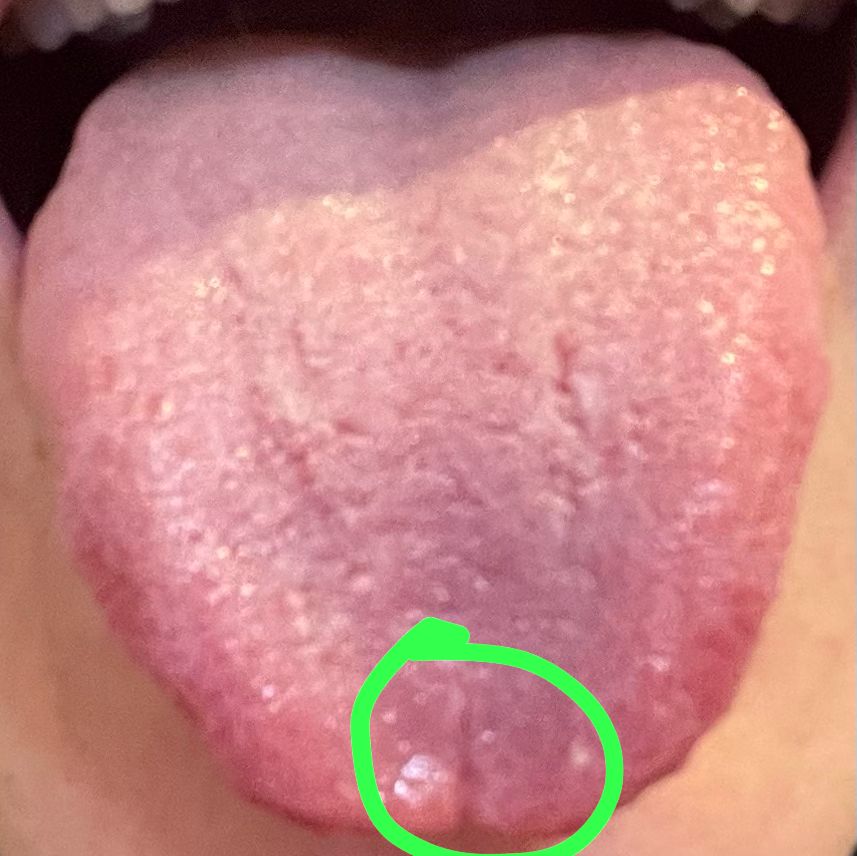 Good morning Readers,
Good morning Readers,
This week we celebrate “Acupuncturist Day”, here in Brazil. This date was created to exalt the importance of us Chinese Medicine professionals in the health of so many people.
Acupuncture is known to have many benefits, such as the ability to relieve pain, calm anxiety and stress, help with fertility and labor, improve sleep quality among many other benefits.
But, does acupuncture have scientific proof? Can we be Acupuncturists who work based on the Philosophy of Chinese Medicine but also based on Scientific Evidence?
The answer to these two questions is YES.
Today, there is a lot of quality scientific research proving the effectiveness of Acupuncture. When we write on the “Google Scholar” channel, specialized in scientific articles, the words “Benefits + Acupuncture”, in a few seconds, return more than 60 million results.
Today, using the database of the website https://www.evidencebasedacupuncture.org/ I will talk about some scientific results of the benefits of Acupuncture:
Pediatrics – Nocturnal Enuresis
A 2017 study evaluated 22 patients between the ages of 6 and 22 and found that acupuncture benefited nocturnal enuresis symptoms, as well as improved sleep and quality of life.
These results were supported by a 2015 review in which 21 studies were surveyed in which 1,590 patients showed encouraging results for acupuncture as a treatment for nocturnal enuresis. Outcome measures included the number of weekly wet nights and the maximum voided volume. (References 1 and 2)
Mental Health – Anxiety
According to the most up-to-date evidence, acupuncture is an effective treatment for anxiety. In 2017, The Acupuncture Evidence Project, co-authored by Dr. John McDonald, PhD and Dr. Stephen Janz, has been published, providing an up-to-date comparative review of the clinical and scientific evidence for acupuncture. This document determined that acupuncture is effective in treating anxiety according to high-level evidence. The largest of these studies, which included 120 randomized patients, found that acupuncture had a large effect in reducing anxiety and depression compared with conventional treatment involving pharmacological approaches and psychotherapy, with a more than doubling reduction in symptoms. (References: 3, 4, 5 and 6)
Respiratory System – Allergic Rhinitis
A review of studies of 12 randomized controlled trials, with a frequency of between two and five treatments per week, showed that real acupuncture was significantly more effective than sham acupuncture (8 studies) and medication (4 studies).
Symptoms continued to improve after treatment for up to 3 months. Studies measuring changes in the immune system also reported significant reductions in inflammatory mediators, including substance P (SP), vasoactive intestinal peptide (VIP), interleukin 4, and mite-specific IgE. Acupuncture has been recommended in the Otolaryngology Head Neck Surgery Foundation’s Allergic Rhinitis Clinical Practice Guideline in the USA as a treatment option for those who prefer a non-pharmacological treatment. (References: 6, to 10)
Pain Control
For chronic pain, the largest study to date showed that 454,920 patients were treated with acupuncture for headache, low back pain, and/or osteoarthritis in an open-label pragmatic study. Efficacy was rated as marked or moderate in 76% of cases by the 8,727 attending physicians. In a 2-year retrospective survey of over 89,000 patients published in 2016, 93% of patients said their acupuncturist was successful in treating their musculoskeletal pain. (References 11 and 12).
I’m sure that after these few articles mentioned here, many will seek deeper knowledge in Acupuncture, others will have the courage to go ahead with their research. And most importantly, the general population, including patients and health professionals, can be informed that Acupuncture is not a belief, but a science with proven data and with much still to offer and prove.
I hope you enjoyed my simple tribute to Acupuncturist Day.
I especially thank teacher Sandro Graça who created and maintains the scientific channel of knowledge mentioned in this text (Evidence Based Acupuncture).
A big hug to everyone.
Fernanda Mara
References:
1. Zhu J, Arsovska B. Nocturnal Enuresis-Treatment with Acupuncture Acupuncture treatment for lumbar disc herniation View project. 2017.
2. Lv Zt, Song W, Wu J, Yang J, Wang T, Wu Ch, et al. Efficacy of Acupuncture in Children with Nocturnal Enuresis: A Systematic Review and Meta-Analysis of Randomized Controlled Trials.
McDonald J, Janz S. The Acupuncture Evidence Project: A Comparative Literature Review. Australian Acupuncture and Chinese Medicine Association Ltd. 2017.
3. Bazzan AJ, Zabrecky G, Monti DA, Newberg AB. Current evidence regarding the management of mood and anxiety disorders using complementary and alternative medicine. Expert Rev Neurother. 2014;14:411- 23
4. Goyata SL, Avelino CC, Santos SV, Souza Junior DI, Gurgel MD, Terra FS. Effects from acupuncture in treating anxiety: integrative review. Rev Bras Enferm. 2016 Jun;69(3):602-9
5. Arvidsdotter, T., Marklund, B., & Taft, C. (2013). Effects of an integrative treatment, therapeutic acupuncture and conventional treatment in alleviating psychological distress in primary care patients–a pragmatic randomized controlled trial. BMC Complementary and Alternative Medicine, 13(1), 308. http://doi.org/10.1186/1472-6882-13-308
6. McDonald JL, Smith PK, Smith CA, Changli Xue C, Golianu B, Cripps AW. Effect of acupuncture on house dust mite specific IgE, substance P, and symptoms in persistent allergic rhinitis. Annals of allergy, asthma & immunology: official publication of the American College of Allergy, Asthma, & Immunology. 2016;116(6):497-505.
7.Chen Y, Jin X, Yu M, Qiu H, Fang Y, Zhang S, et al. [Efficacy of acupuncture on moderate and severe allergic rhinitis]. Zhongguo zhen jiu = Chinese acupuncture & moxibustion. 2015;35(4):339-43.
8.Rao YQ, Han NY. [Therapeutic effect of acupuncture on allergic rhinitis and its effects on immunologic function]. Zhongguo zhen jiu = Chinese acupuncture & moxibustion. 2006;26(8):557-60.
9. Li YM, Zhuang LX, Lai XS, Jiang GH. [Effects of electroacupuncture on plasma vasoactive intestinal peptide and substance P in perennial allergic rhinitis patients]. Zhen ci yan jiu = Acupuncture research / [Zhongguo yi xue ke xue yuan Yi xue qing bao yan jiu suo bian ji]. 2007;32(2):136-8.
10. Seidman MD, Gurgel RK, Lin SY, Schwartz SR, Baroody FM, Bonner JR, et al. Clinical practice guideline: Allergic rhinitis. Otolaryngology–head and neck surgery: official journal of American Academy of Otolaryngology-Head and Neck Surgery. 2015;152(1 Suppl):S1-43.
11.Weidenhammer W, Streng A, Linde K, Hoppe A, Melchart D. Acupuncture for chronic pain within the research program of 10 German Health Insurance Funds–basic results from an observational study. Complementary therapies in medicine. 2007;15(4):238-46.
12. American Specialty Health Incorporated Health Services Department. (2016). Acupuncture: Does Acupuncture Provided Within a Managed Care Setting Meet Patient Expectations and Quality Outcomes?, 1–12.

 Good morning Dear Readers,
Good morning Dear Readers,
 Good morning Readers,
Good morning Readers,